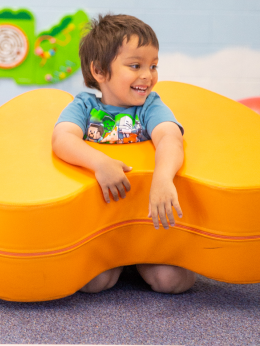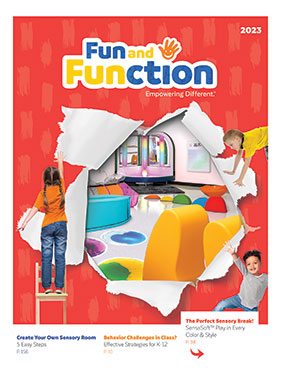Families are families. You are interconnected in just about everything. You laugh, cry, get sick, get excited, and everything else that comprises life together. That's the beauty of it. But, each individual in your family is unique. When one member of your family has something "different" about them, it effects everyone else in a myriad of ways. If you have a child with Autism in the family, it effects your other children, whether neurotypical or not, individually.
I think the one thing that a parent needs to remember is that it does effect the siblings. Don't ever assume that your other kids are "just fine" or "don't need you as much." It's just not true. They need you just as much, just in different ways. They have problems, they just are "normal" problems they need your help navigating through, whether it's issues with friends, schoolwork, or just plain growing up.
They could have issues specifically related to your Autistic child. They might be embarrassed, concerned, impatient, worried, or angry. They may be feeling left out due to the time it takes to provide your Autistic child with their therapies and doctor visits, or just the extra time it takes to get through daily life. Siblings just need that extra time to help them get support through growing up, too.
One thing you could do to help, especially if they display particularly negative feelings towards Autism or their Autistic brother or sister, is to really explain to them what Autism is, and what it does to the person diagnosed with it. Use terms they understand, and make sure to parallel what you're explaining to real-life examples. It will help them respond from a more understanding place when your Autistic child display behavior outside of the "typical." If your child uses special communication tools, be sure that their sibling knows how to use it and communicate with it.
All the kids need one on one time with their parents. They need the space and time to know they can talk to you in private. They also need the time together to feel special and unique to you. This can be one of the hardest things for you to accomplish due to time. It's also one of the most important. That is that special time when you learn the hearts of your children and cultivate the trust in you they need to succeed, and the ability to confide in you. If this is truly difficult to do, you will want to contact your therapy providers and county mental health departments to see if you can get into a respite program.
Do whatever you can to make sure that your children's interests are fulfilled. Whether that's music lessons, art or dance class, extra tutoring, or sports. Of course you need to make it manageable for your family's time and resources, but they need to feel as if what they care about is important too.
A lot of these things are common sense and naturally navigated just by keeping them in mind. Watching all your kids and their interactions and reactions to each other and situations that arise is important. Pay attention, and you'll see where you need to emphasize attention on your kids. As with everything else in dealing with special needs, do what you can, research your options, communicate, and love-love-love.
If you have specific strategies or suggestions in dealing with the sibling issue, please respond in the comments below!


















Comments